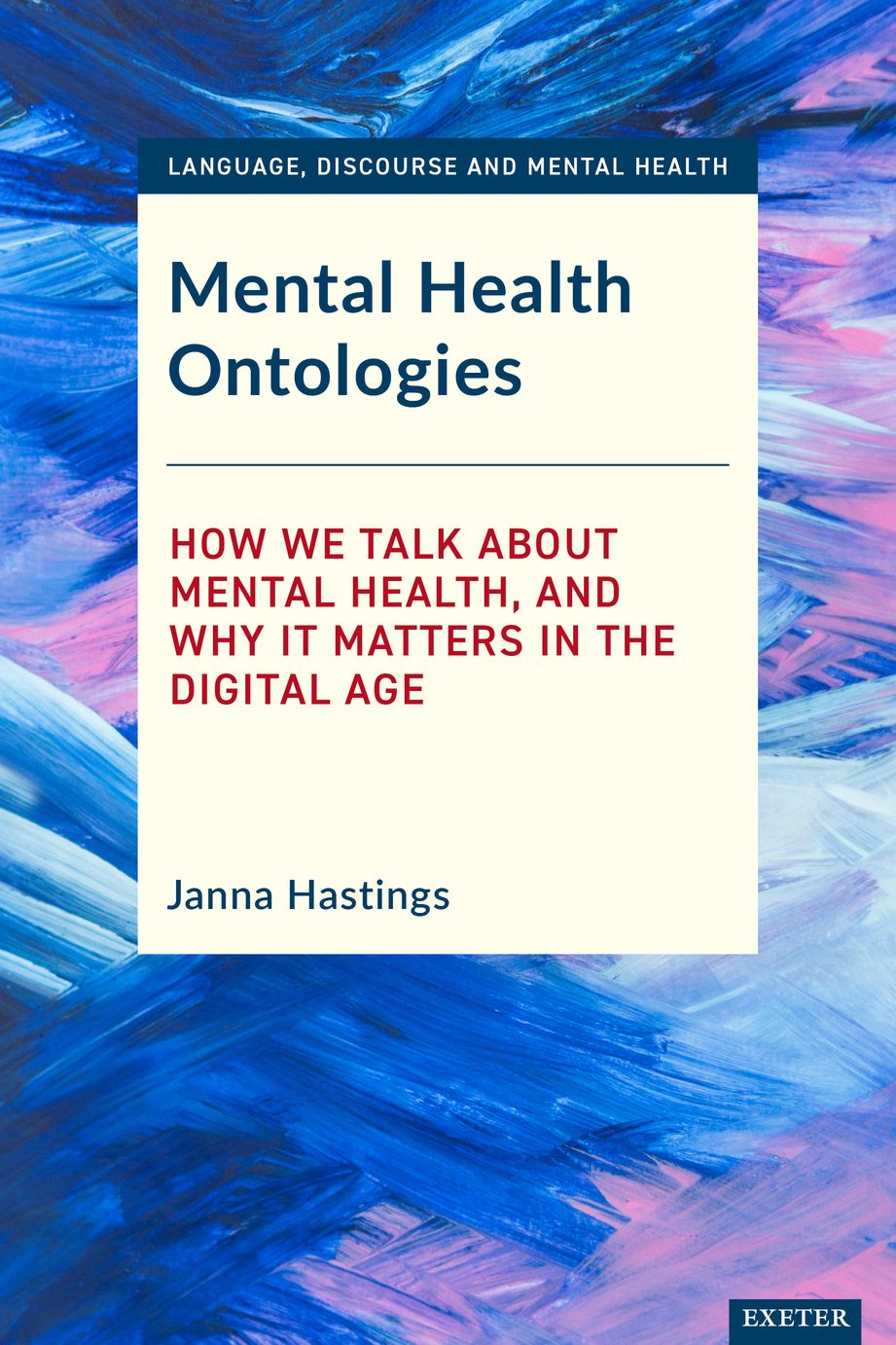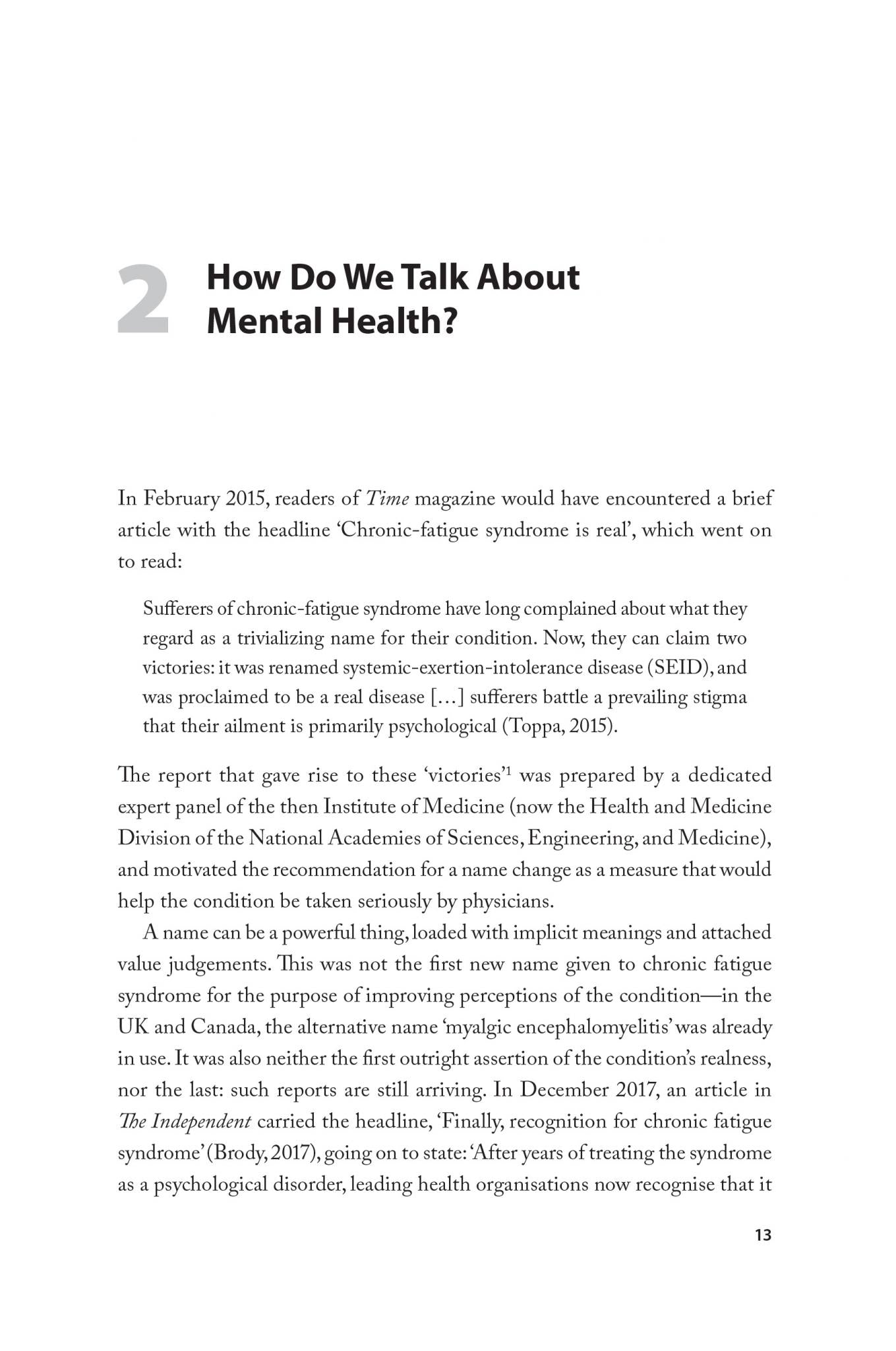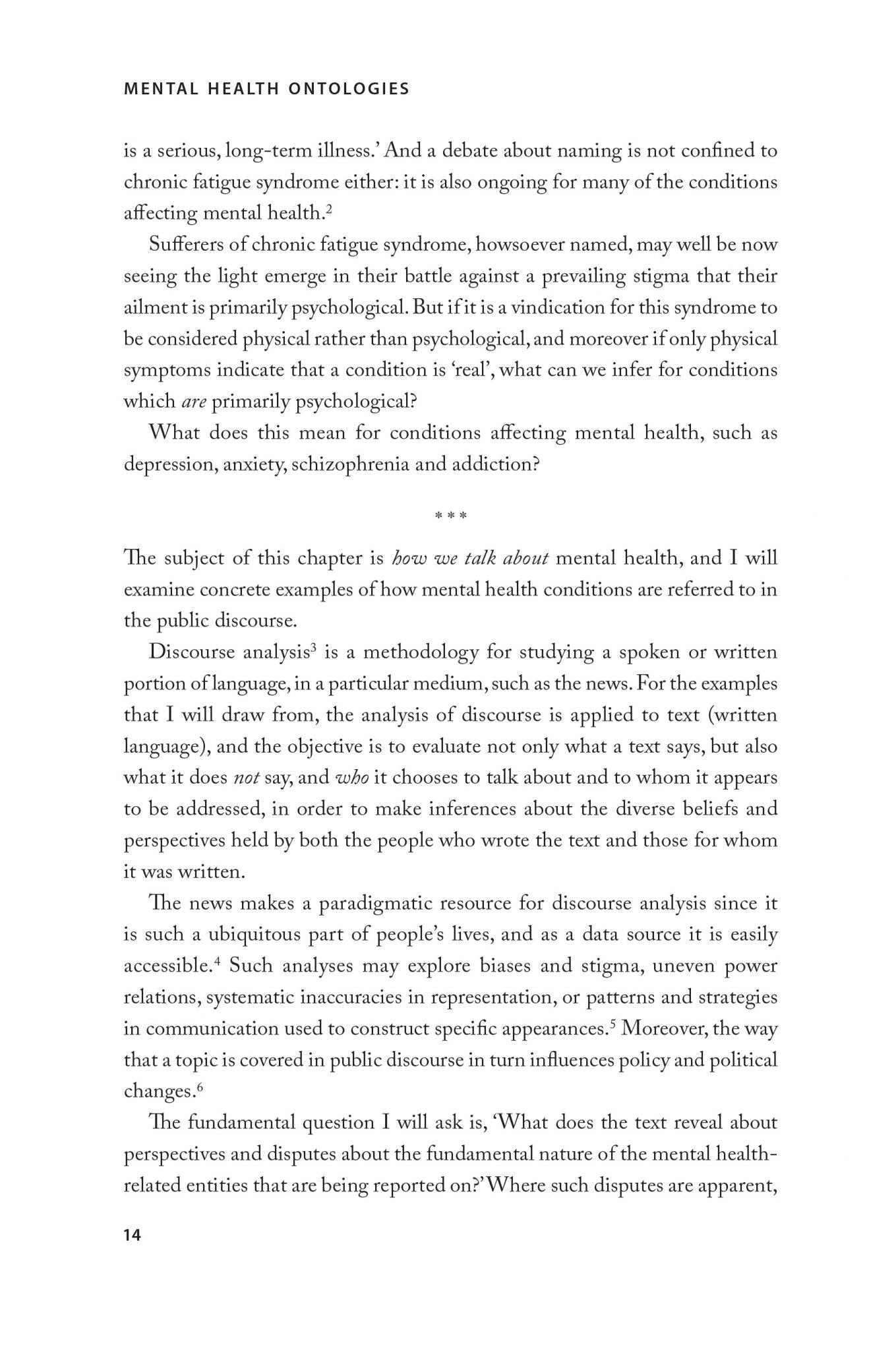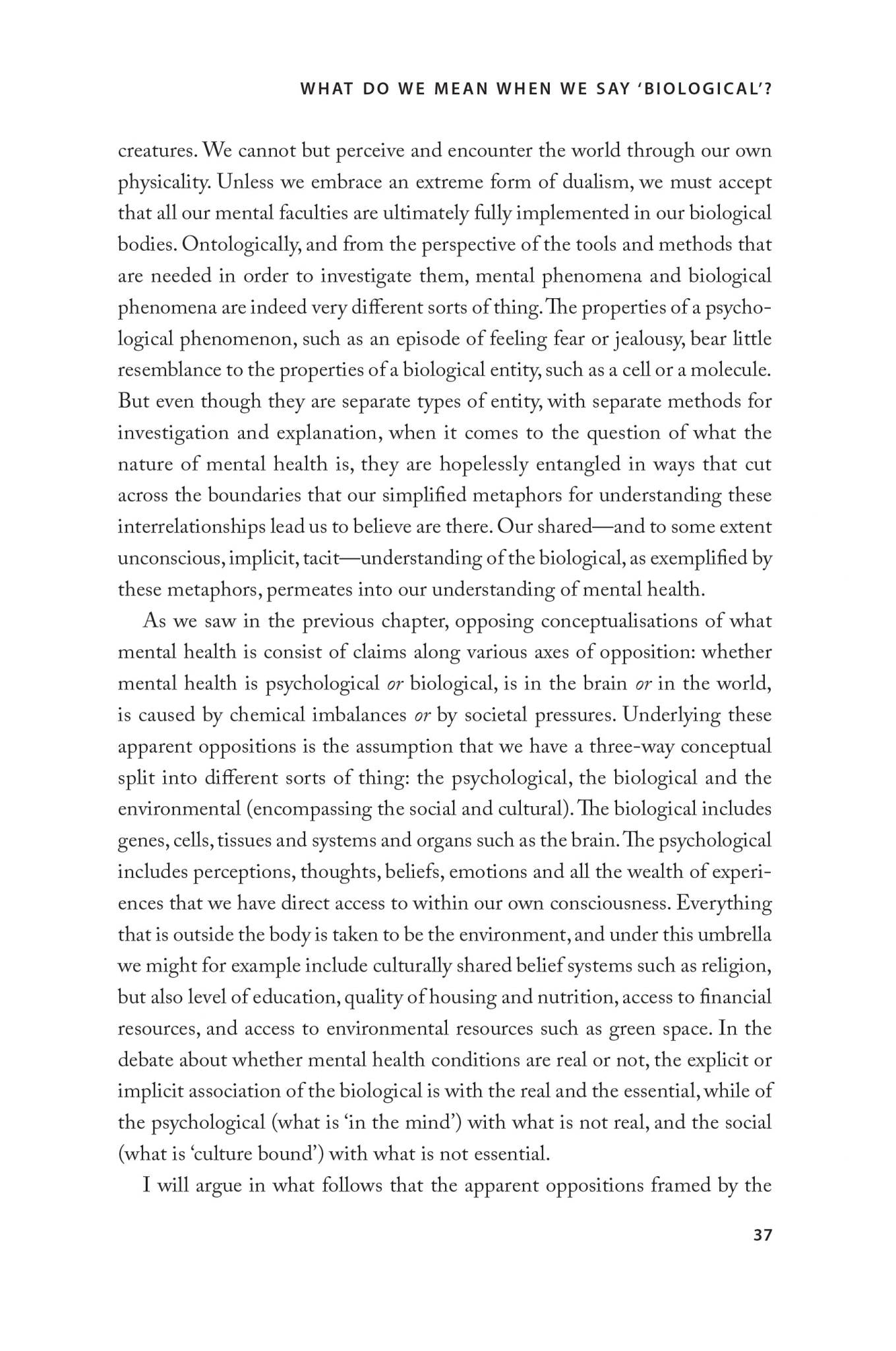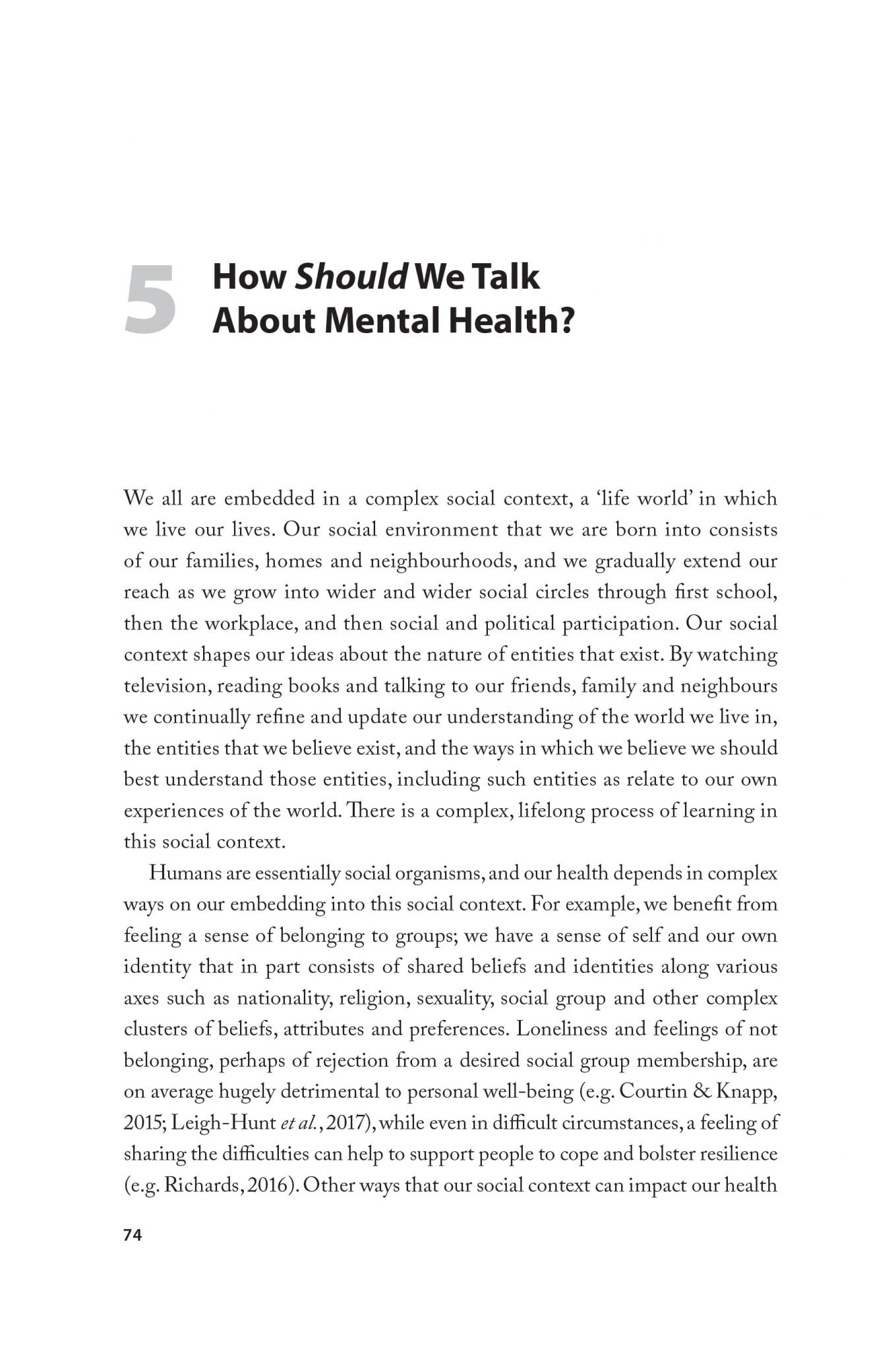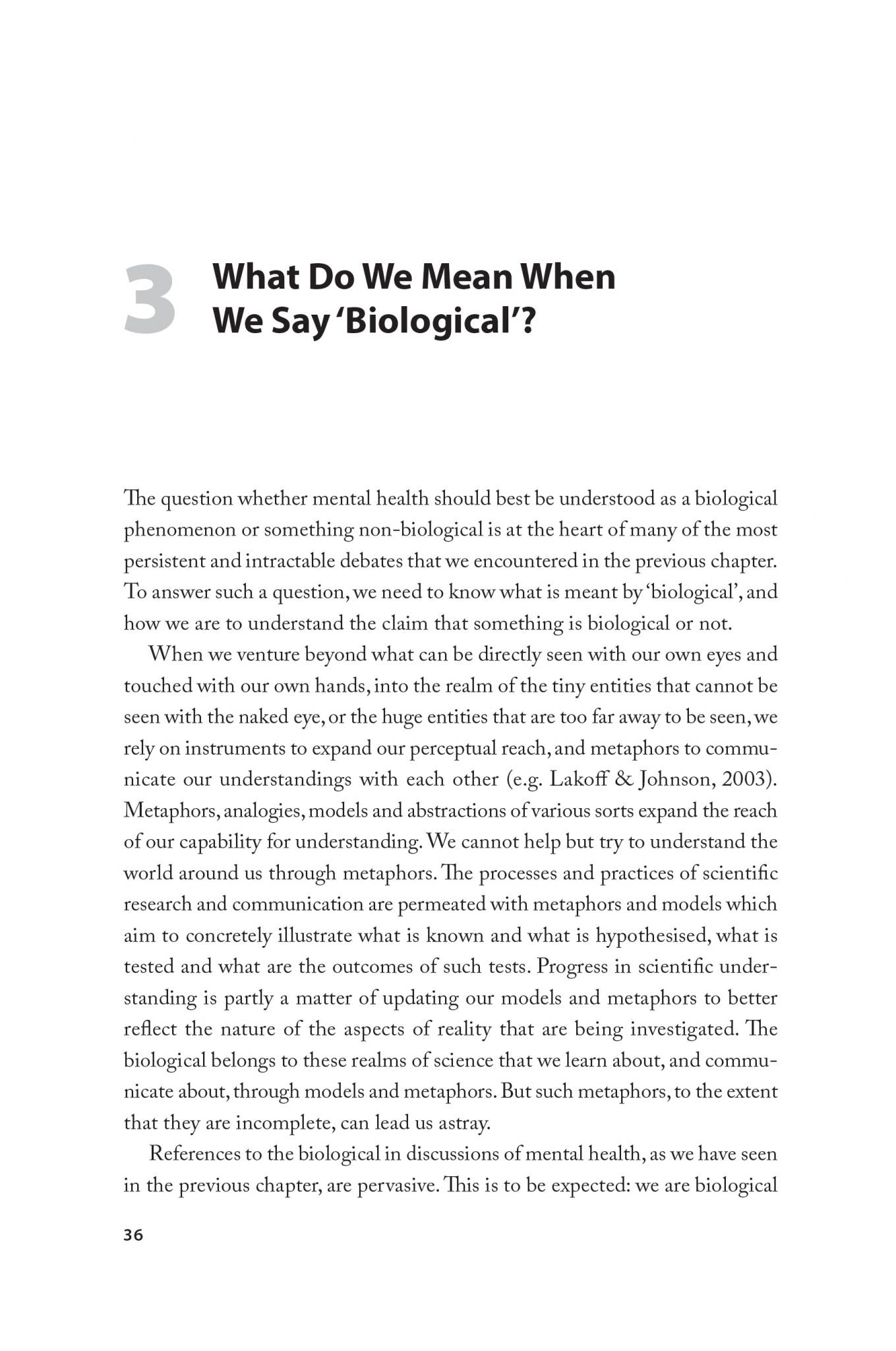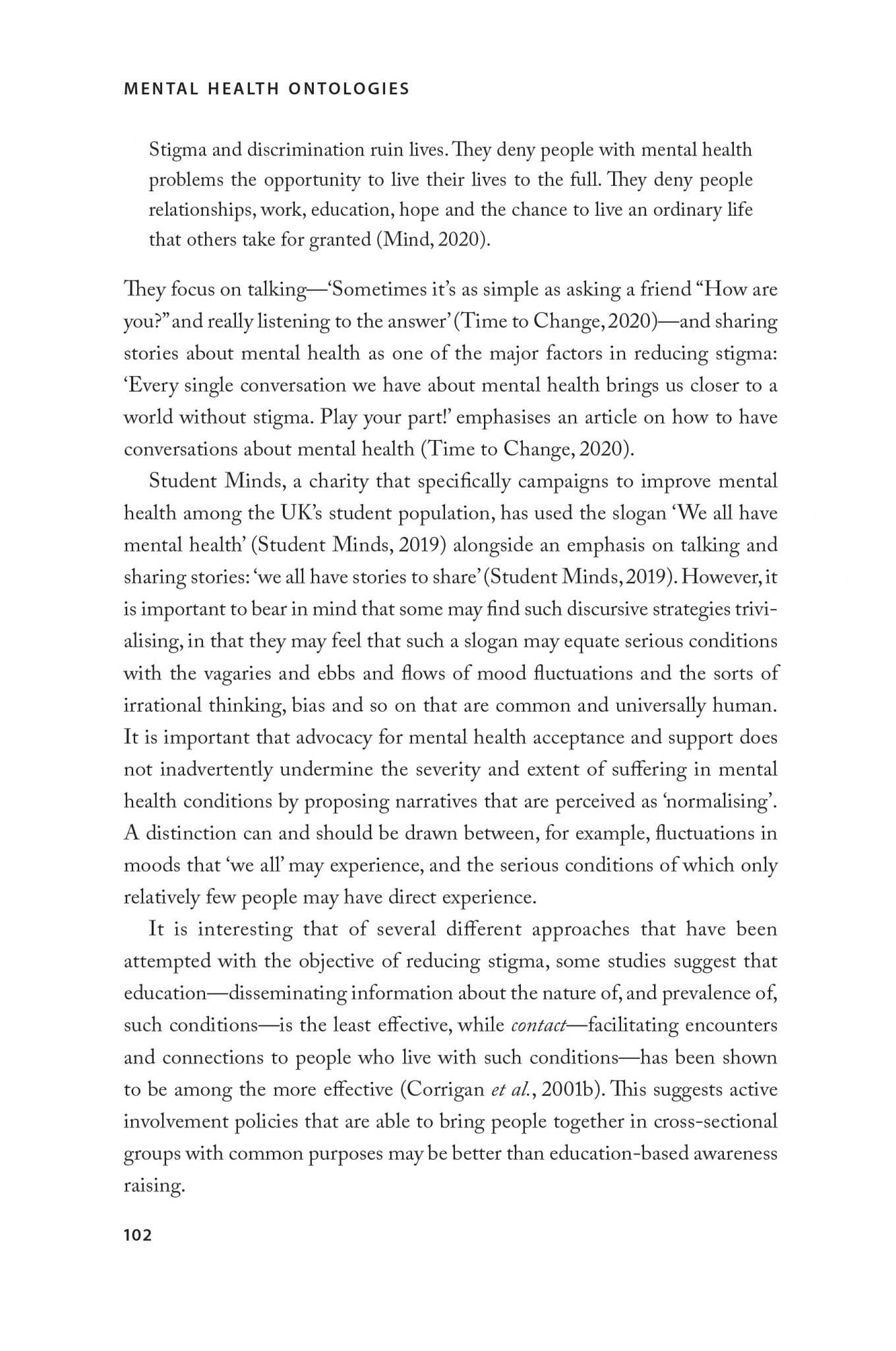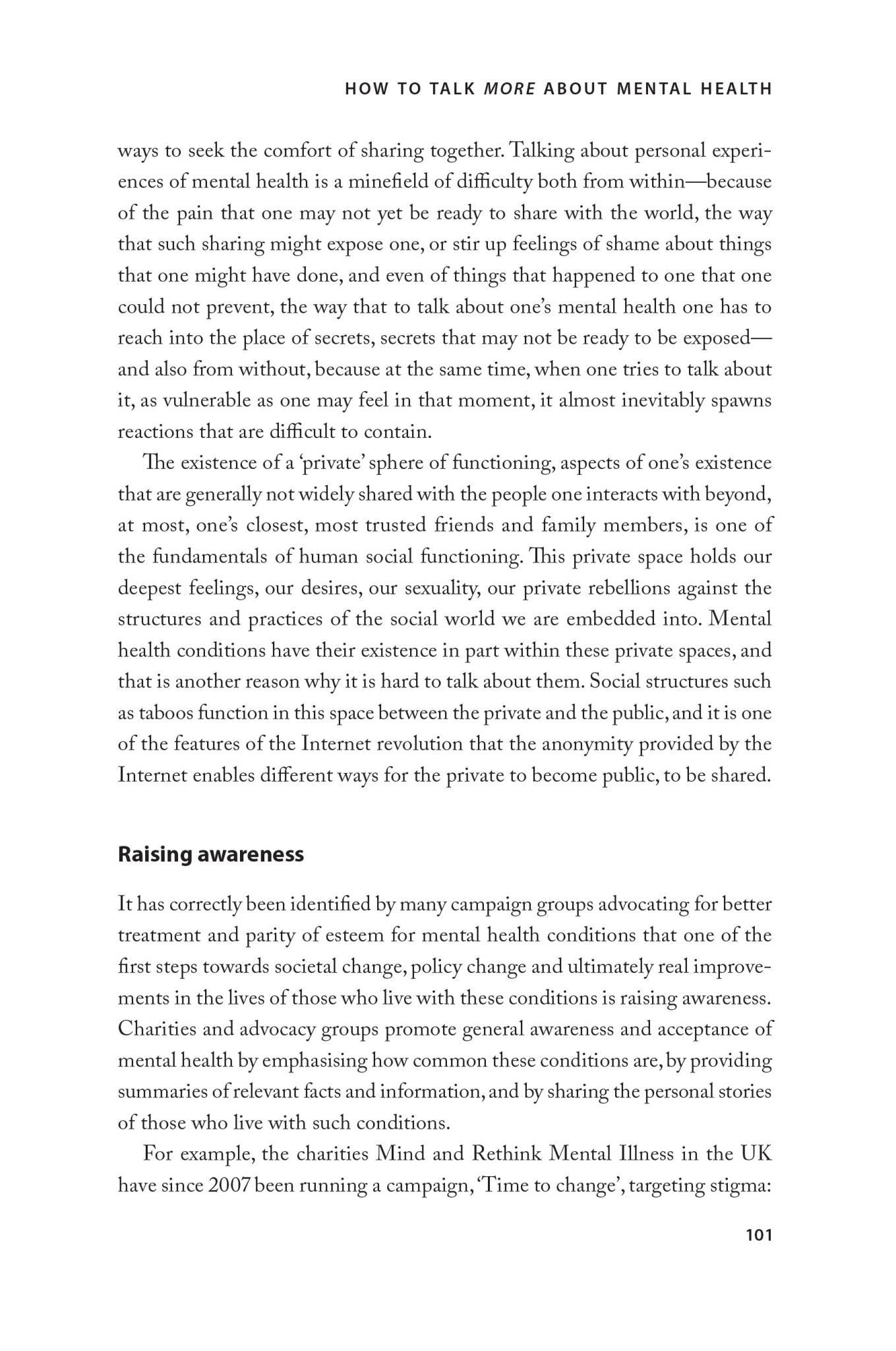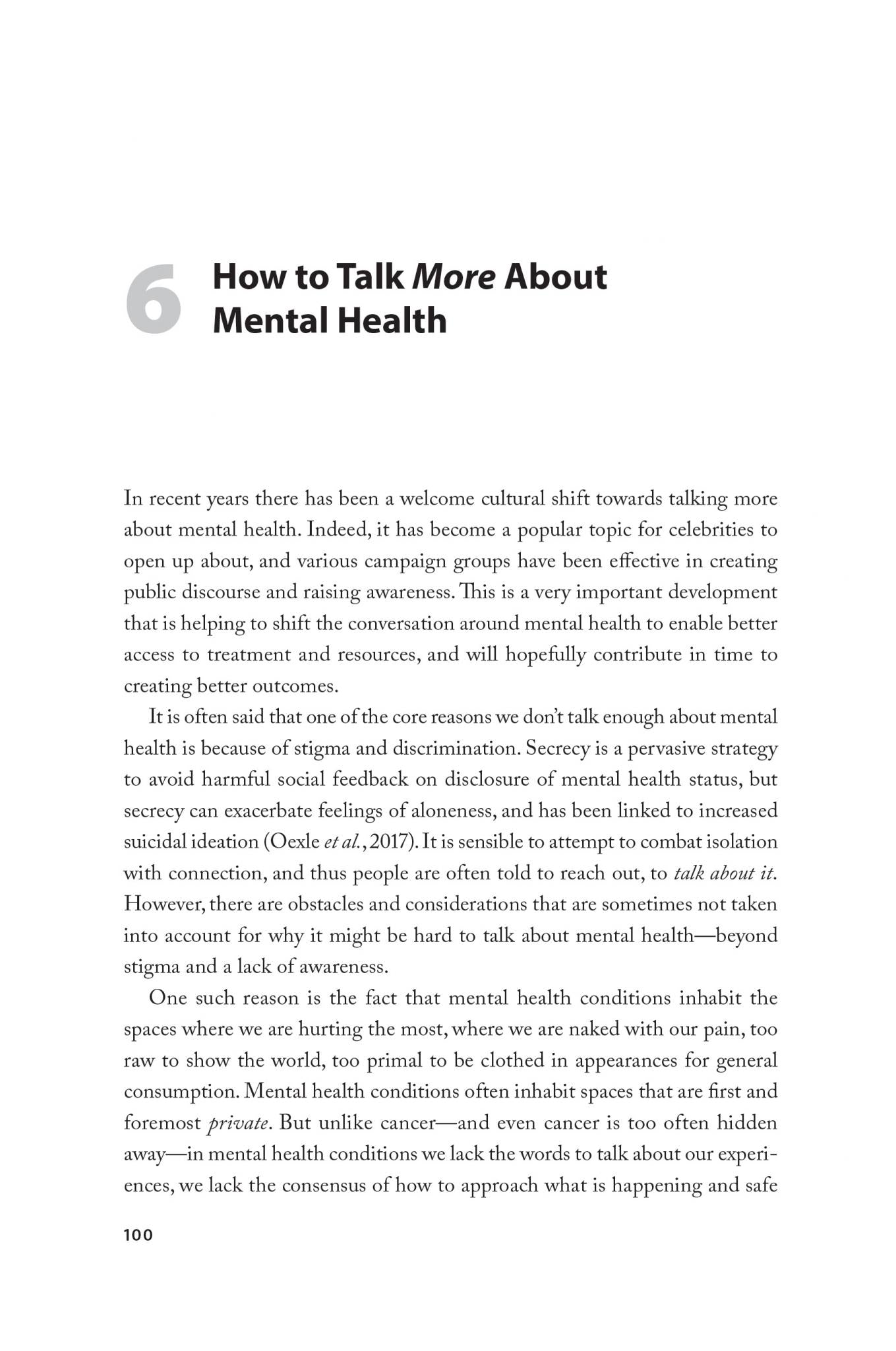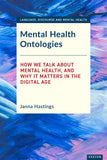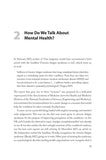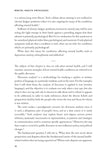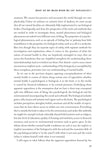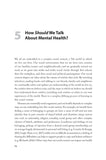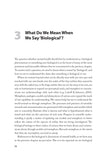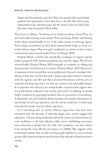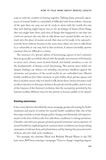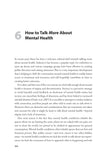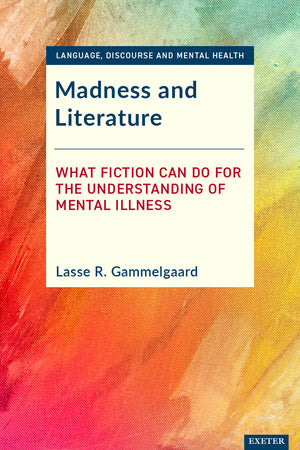University of Exeter Press
Mental Health Ontologies
How We Talk About Mental Health, and Why it Matters in the Digital Age
Couldn't load pickup availability
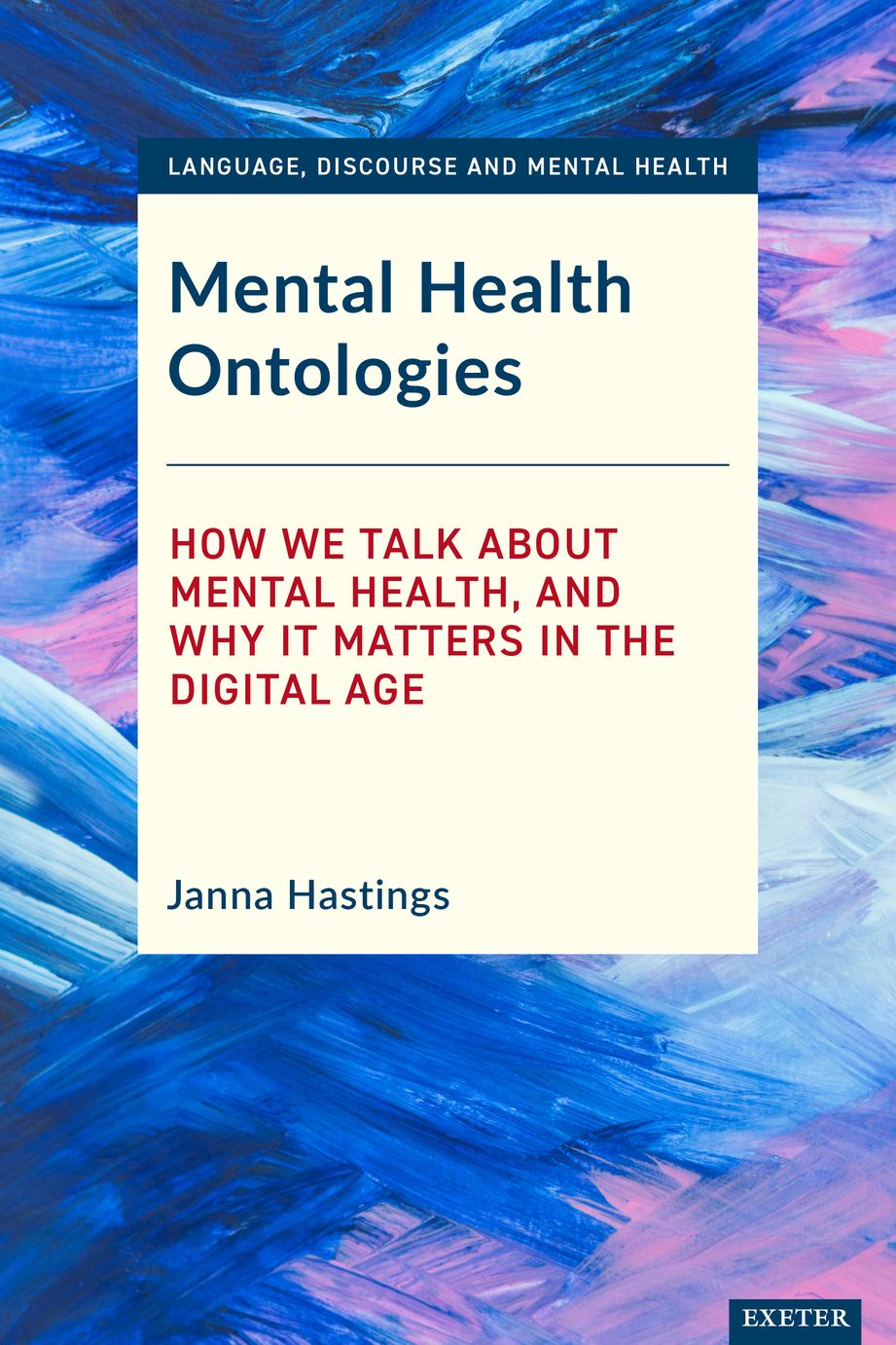
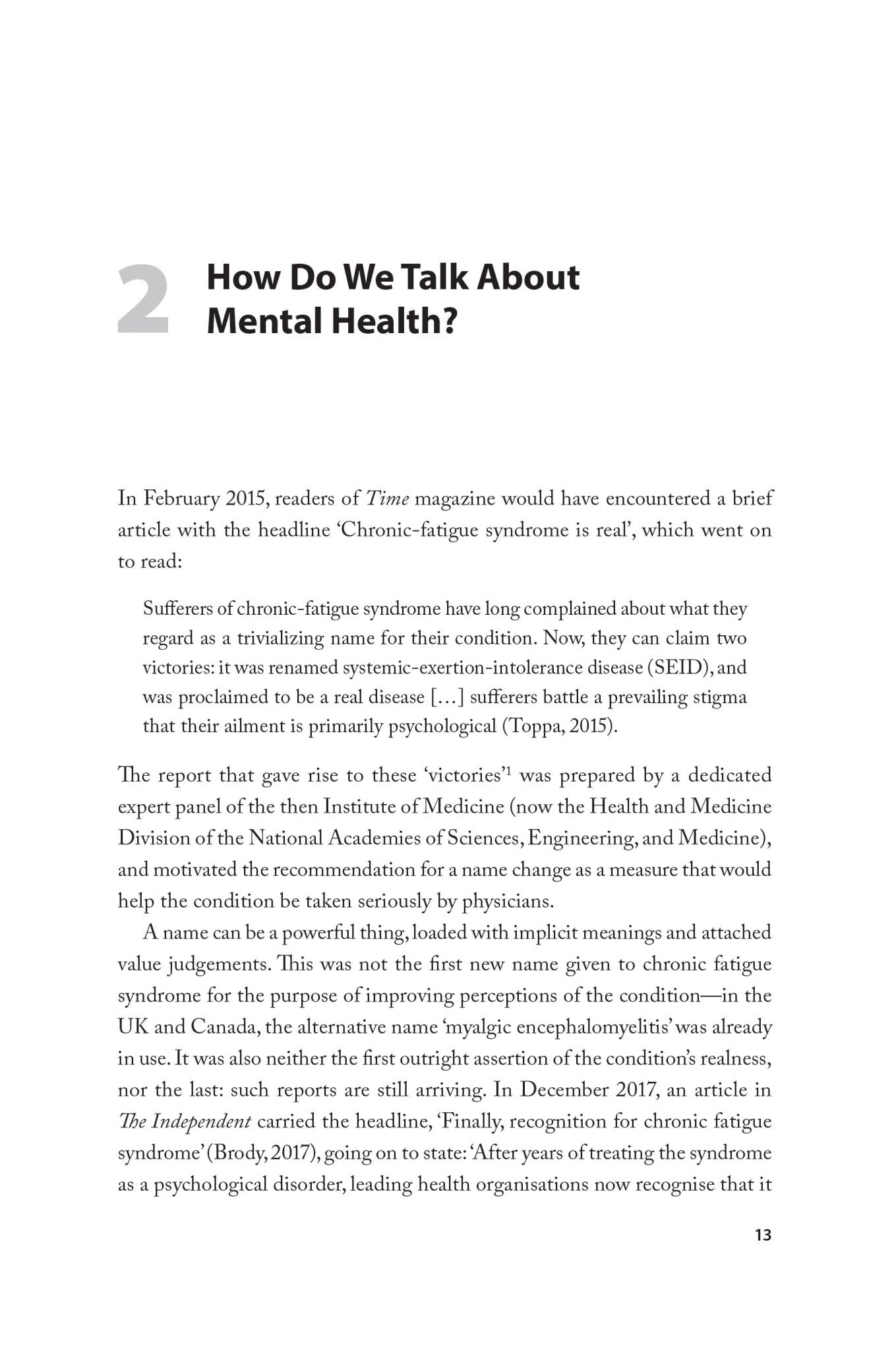
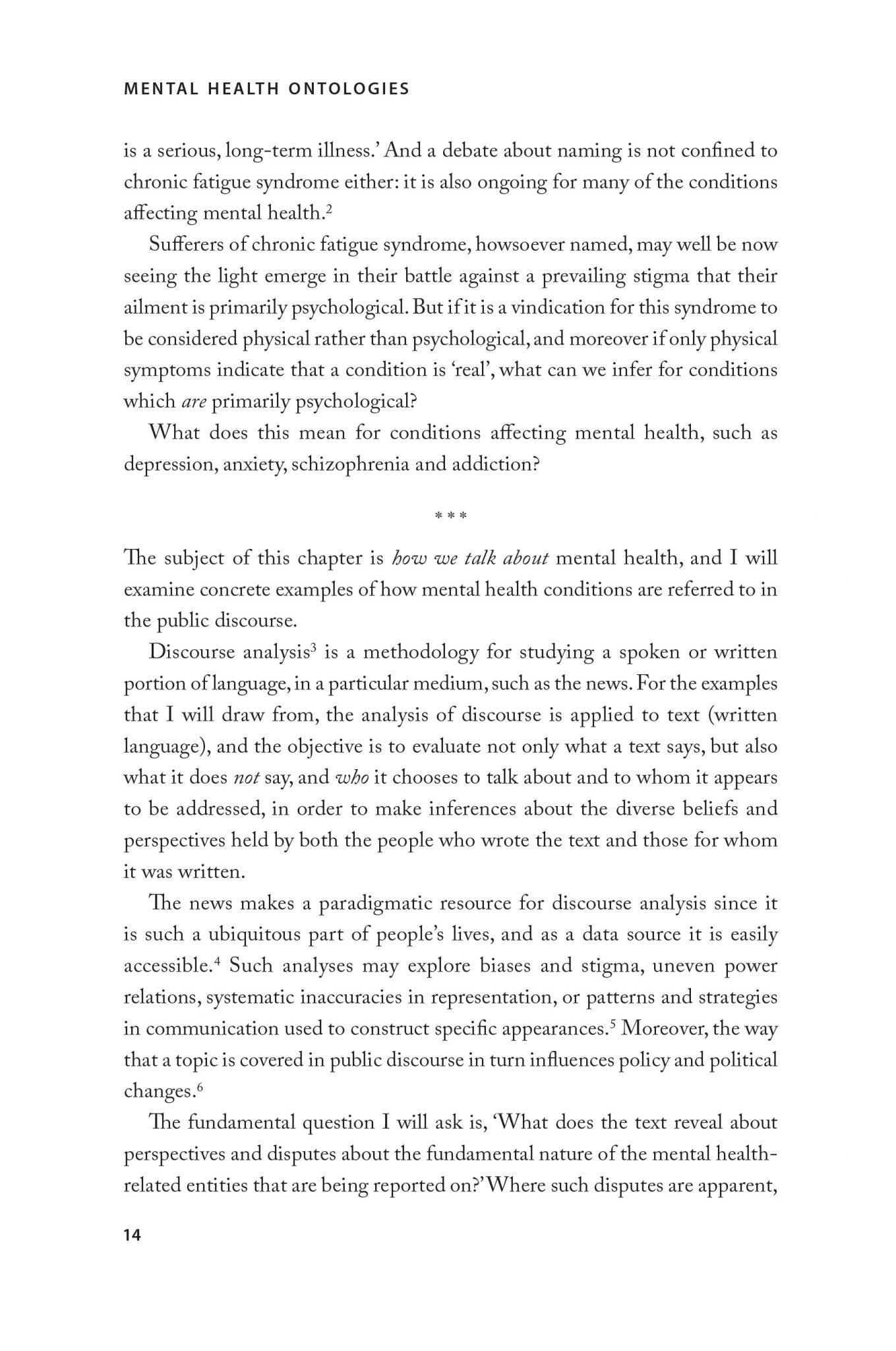
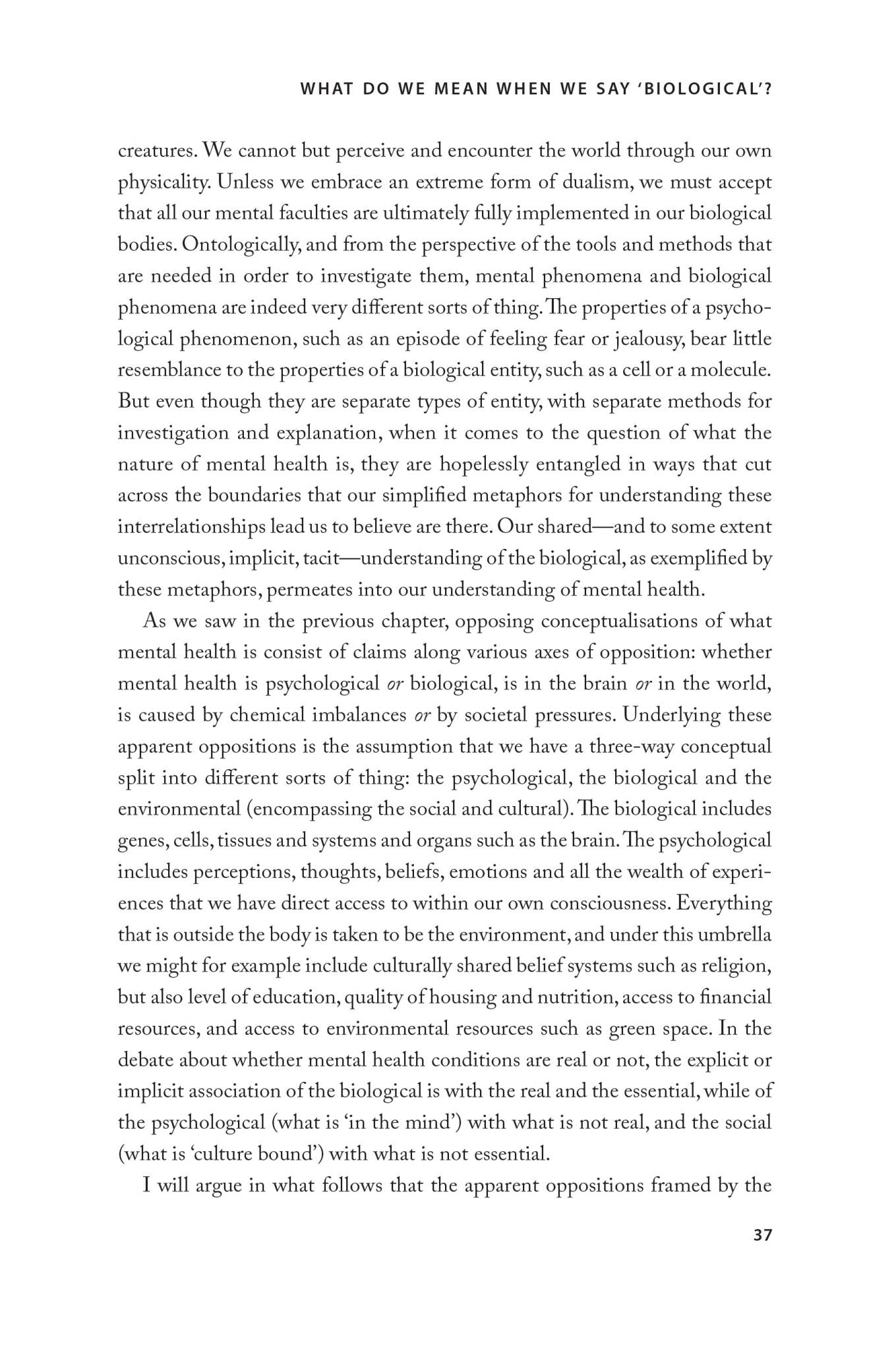
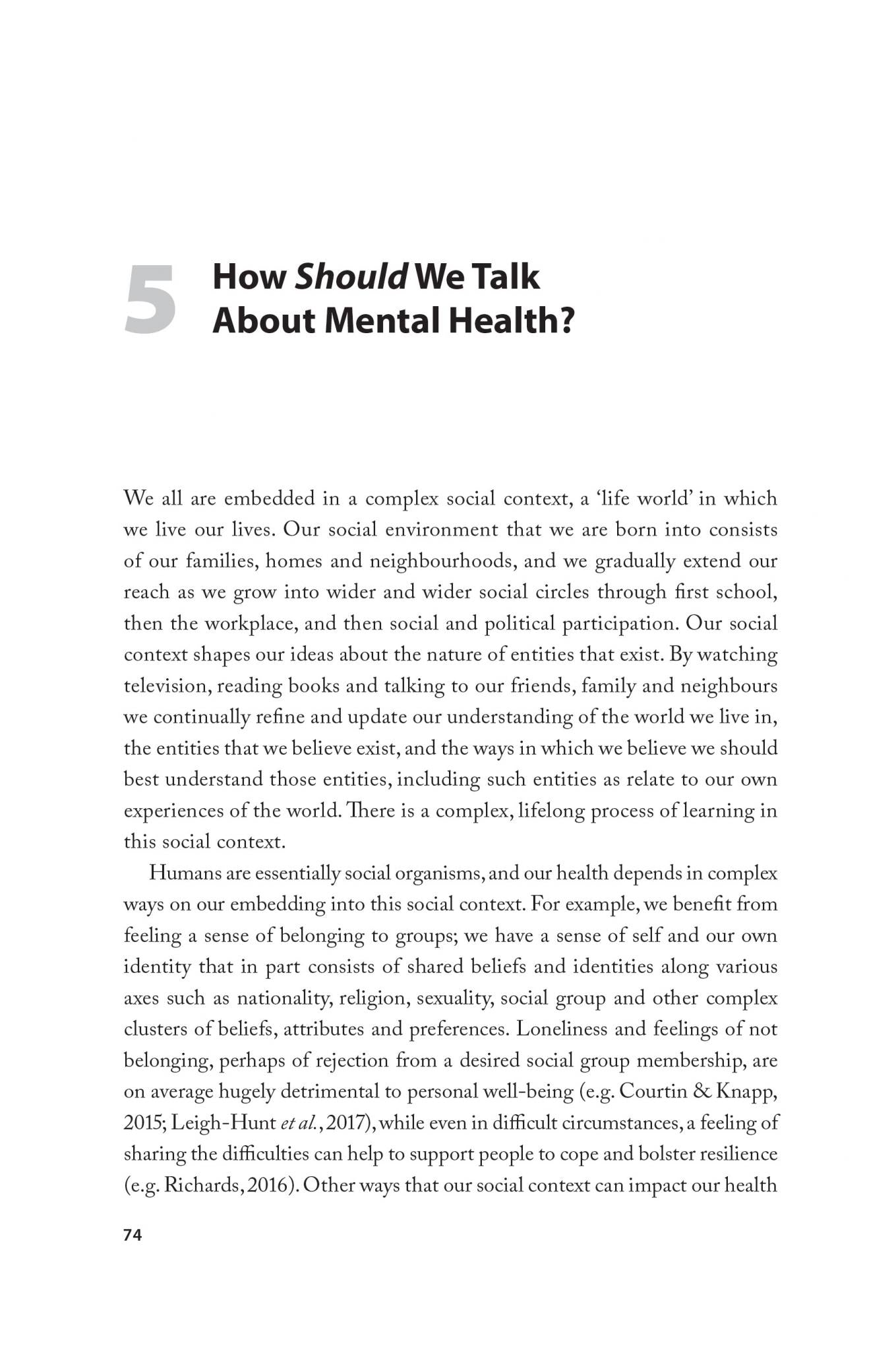
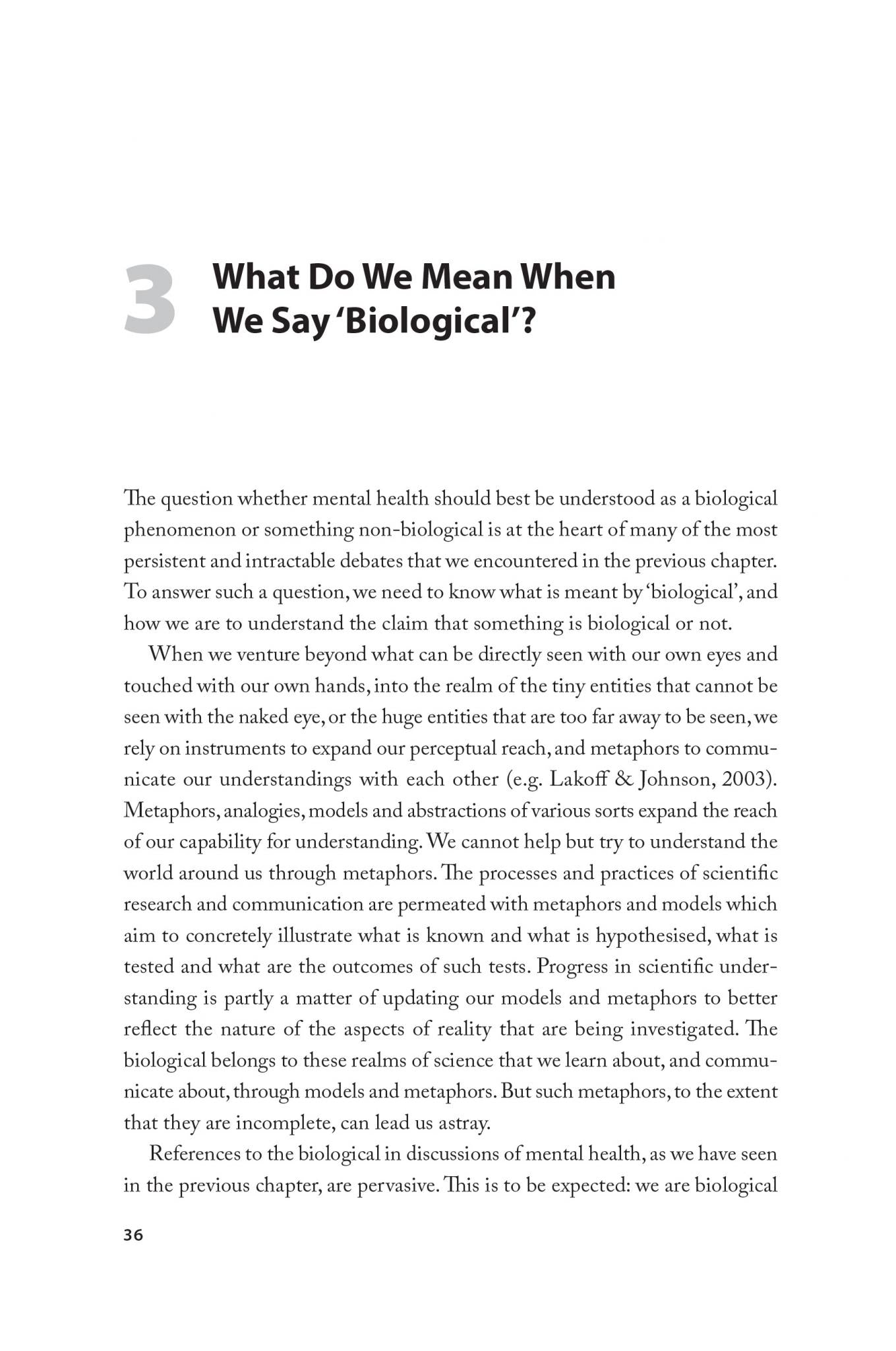
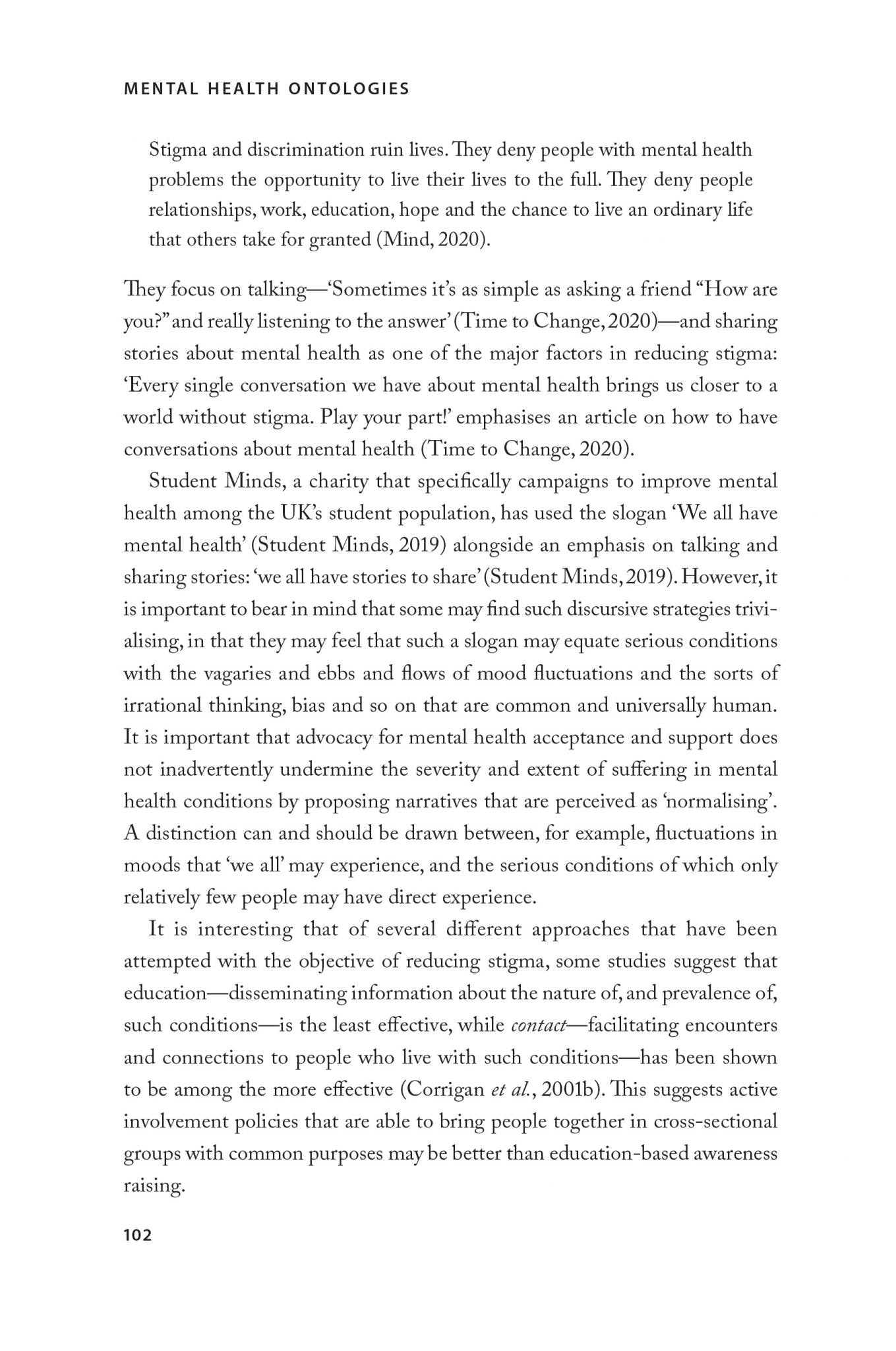
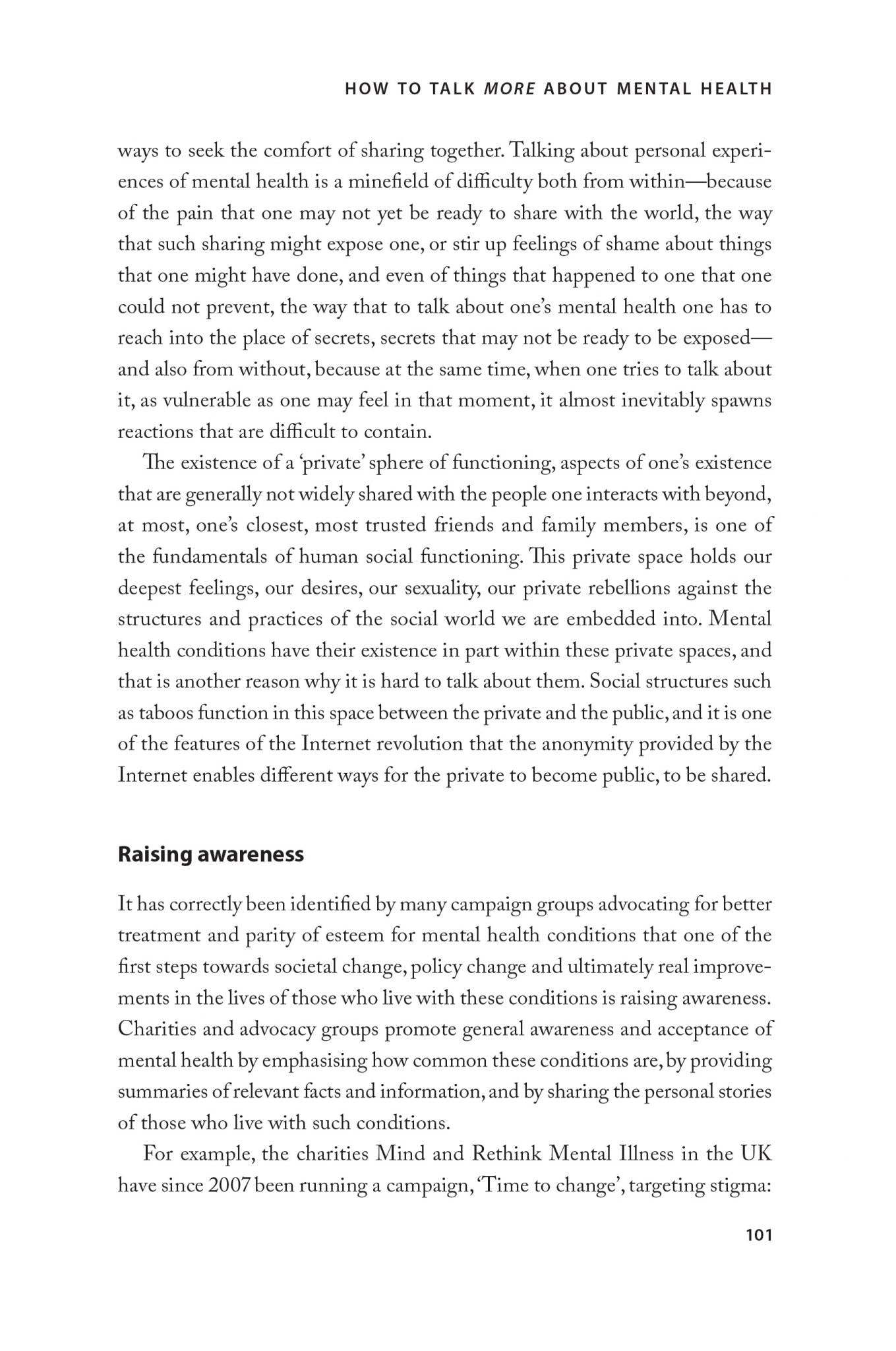

- 192 Pages
Mental health presents one of the defining public health challenges of our time. Proponents of different conceptions of what mental illness is wage war for the hearts and minds of patients, practitioners, policy-makers, and the public. Debate and fragmentation around the nature of the entities that feature in the mental health domain divide resources and reduce progress. The way mental health is publicly discussed in the media has tangible effects, in terms of stigma, access to healthcare and resources, and private expectations of recovery.
This book explores in detail the sorts of statements that are made about mental health in the media and public reporting of scientific research, grounding them in the wider context of the theoretical frameworks, assumptions and metaphors that they draw from. The author shows how a holistic understanding of the way that different aspects of mental illness are interrelated can be developed from evidence-based interpretation of the latest research findings. She offers some ideas about corrective, integrative approaches to discussing mental health-related matters publicly that may reduce the opposition between conceptualisations while still aiming to reduce stigma, shame and blame. In particular, she emphasises that discourse in the media needs to be anchored to an overview of all the research results across the field and argues that this could be achieved using new technological infrastructures.
The author provides an integrative account of what mental health is, together with an improved understanding of the factors driving the persistence of oppositional accounts in the public discourse. The book will be of benefit to researchers, practitioners and students in the domain of mental health.
This book eloquently and compellingly explains the contribution that the world of ‘ontologies’ can bring to understanding the mind and to advancing the thinking and practice of social and behavioural sciences – a tour de force!
Susan Michie, Professor of Health Psychology, University College London
When you put a brilliant analytic mind to work on finding a practical solution to the problem of unifying a complex and multifaceted field of study such as mental health, you get this book. The sooner everyone working in the field of mental health reads this book and joins in with building interlinked ontologies in mental health, the faster we will make progress in tackling this scourge.
Robert West, Professor of Health Psychology, University College London
Hastings’ book is an outstanding assessment of why innovation in mental health research has plateaued and what to do about it. While the project Hastings sketches is indeed ambitious, it is also emphatically realistic! Her work therefore deserves a wide readership.
Rasmus Rosenberg Larsen, Ph.D., Assistant Professor, Department of Philosophy and the Forensic Science Program, University of Toronto Mississauga
The author, combining training in computer science, philosophy and biological sciences, brings this multi-disciplinary depth to exploring a series of interconnected problems with the ways in which mental health is studied and understood… There is much that could be learnt by alcohol and drug scholars and practitioners reading this slim and accessible volume.
Alison Ritter
Addiction
Preface
Introduction
How Do We Talk About Mental Health?
What Do We Mean When We Say ‘Biological’?
Health and Disease in the Domain of the Mental
How Should We Talk About Mental Health?
How to Talk More About Mental Health
Ontology as an Antidote to Data Disintegration
Conclusion
Notes
References
Index
- 192 Pages







